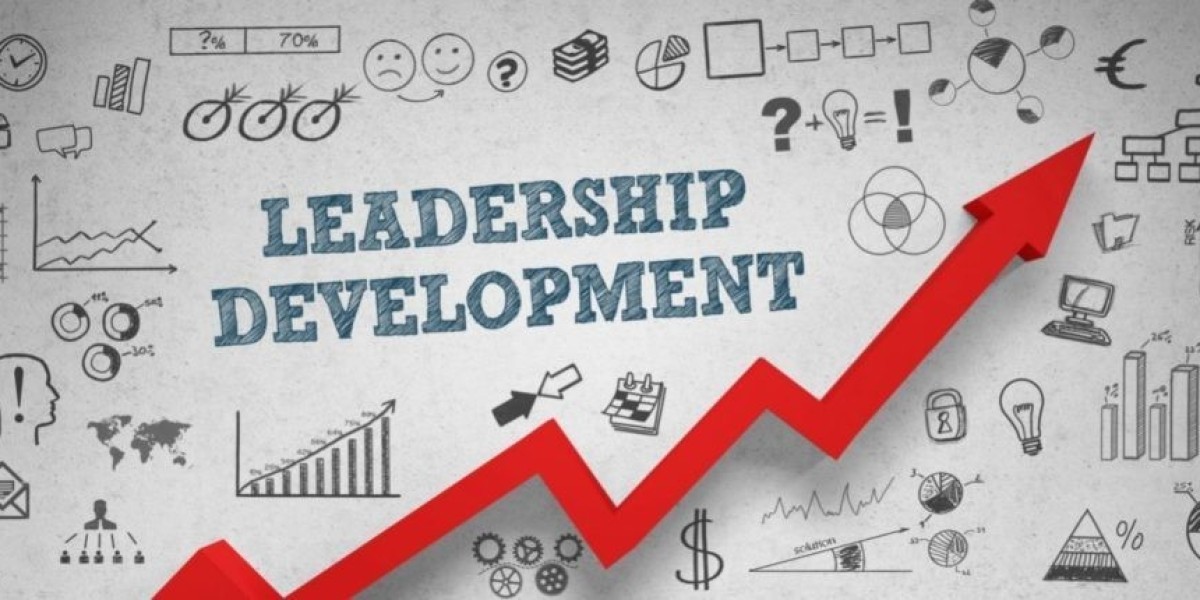Leadership Development has long been central to organizational growth, yet recent years—particularly in the wake of the pandemic—have dramatically reshaped how leaders are cultivated. Remote work, digital transformation, and a greater emphasis on diversity and inclusion have all shifted the expectations of modern leadership. Leaders are no longer just managers; they are visionary guides, steering organizations through constant change, innovation, and uncertainty.
In today’s competitive, post-pandemic landscape, Leadership Development is more crucial than ever. To remain resilient and adaptable, organizations must invest in equipping leaders with the skills to face challenges ranging from managing remote teams to fostering cultures of agility and inclusion. This article explores the evolution of Leadership Development, key trends shaping its future, and strategies organizations can adopt to meet this new landscape.
The New Normal: Leading in a Hybrid Work Environment
One of the most profound changes since the pandemic has been the widespread shift to remote and hybrid work models, which has redefined how leaders connect with their teams. In traditional office settings, leadership could depend on in-person interactions for relationship-building, progress monitoring, and real-time feedback. However, a remote or hybrid environment demands a different skill set.
Today’s leaders must be proficient with digital tools that allow for effective communication, trust-building, and cohesion across distances. They need to foster a strong sense of belonging to counteract potential feelings of isolation among team members, and they must balance oversight with autonomy, as remote work relies heavily on self-management.
Leadership Development in this new context should focus on digital communication skills, remote team management, and emotional intelligence. Investing in these areas will prepare leaders to navigate the complexities of a hybrid work environment with confidence.
Emphasizing Emotional Intelligence and Empathy
As work-life boundaries blur, the importance of emotional intelligence and empathy in Leadership Development has grown significantly. Leaders who can recognize and address the stresses faced by their teams are better positioned to build positive work environments where employees feel understood and valued.
Emotional Intelligence (EI), the ability to understand and manage emotions—both one’s own and those of others—enables leaders to resolve conflicts, offer support, and inspire their teams. High-EI leaders are also more adept at creating inclusive cultures where diverse voices feel heard and appreciated.
Incorporating EI into Leadership Development programs has become a necessity. Leaders need training in active listening, empathetic feedback, and compassionate support to foster an engaged, productive workplace culture.
The Rise of Inclusive Leadership
Diversity, equity, and inclusion (DEI) are at the forefront of leadership discussions, given the proven benefits of diverse teams for innovation and resilience in today’s global market. Inclusive Leadership Development goes beyond hiring practices to address a more fundamental transformation in leadership culture.
Inclusive leaders actively seek out and appreciate diverse perspectives, creating an environment where team members feel safe to share ideas and opinions. To build such leaders, organizations must provide training in areas such as unconscious bias, cultural competence, and inclusive communication. Developing an inclusive mindset among leaders fosters creativity, innovation, and stronger business outcomes.
Agility and Adaptability: The New Hallmarks of Leadership
Today’s rapidly evolving business landscape has made agility and adaptability essential leadership traits. The pandemic underscored the need for organizations to respond swiftly to challenges, from global crises to economic shifts and technological changes. Leaders skilled in navigating these fluctuations are better prepared to steer their organizations successfully.
Leadership Development programs should now emphasize agility and adaptability, teaching leaders how to make swift, informed decisions, handle uncertainty, and embrace change. Encouraging leaders to foster a culture of continuous learning within their teams further strengthens an organization’s ability to compete in a dynamic environment.
The Role of Technology in Leadership Development
The role of technology in Leadership Development has grown significantly, enabling organizations to use digital platforms for virtual training, coaching, and mentorship. Technology is not just a tool for connection but an essential component of modern leadership training.
Through digital learning platforms, leaders can engage in self-paced learning, receive real-time feedback, and connect with mentors globally. This approach not only broadens accessibility but also personalizes learning experiences. Organizations can also leverage data and analytics to measure the effectiveness of their Leadership Development initiatives, using insights on engagement, performance, and retention to tailor programs that truly meet leaders’ needs.
Conclusion: The Future of Leadership Development
As the world continues to evolve, so must our approach to Leadership Development. Leaders of tomorrow must be more agile, empathetic, and inclusive than ever. They must navigate hybrid work environments, embrace diversity, and lead with emotional intelligence.
Investing in Leadership Development is no longer optional; it’s essential for any organization aiming to thrive in a post-pandemic world. By focusing on the trends driving the future of leadership, organizations can cultivate leaders capable of guiding teams through uncertainty and achieving long-term success.








